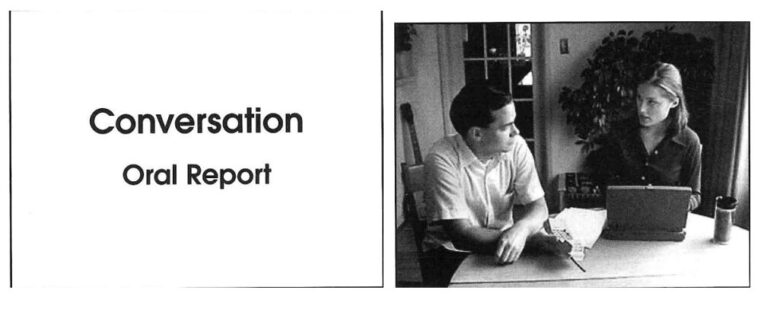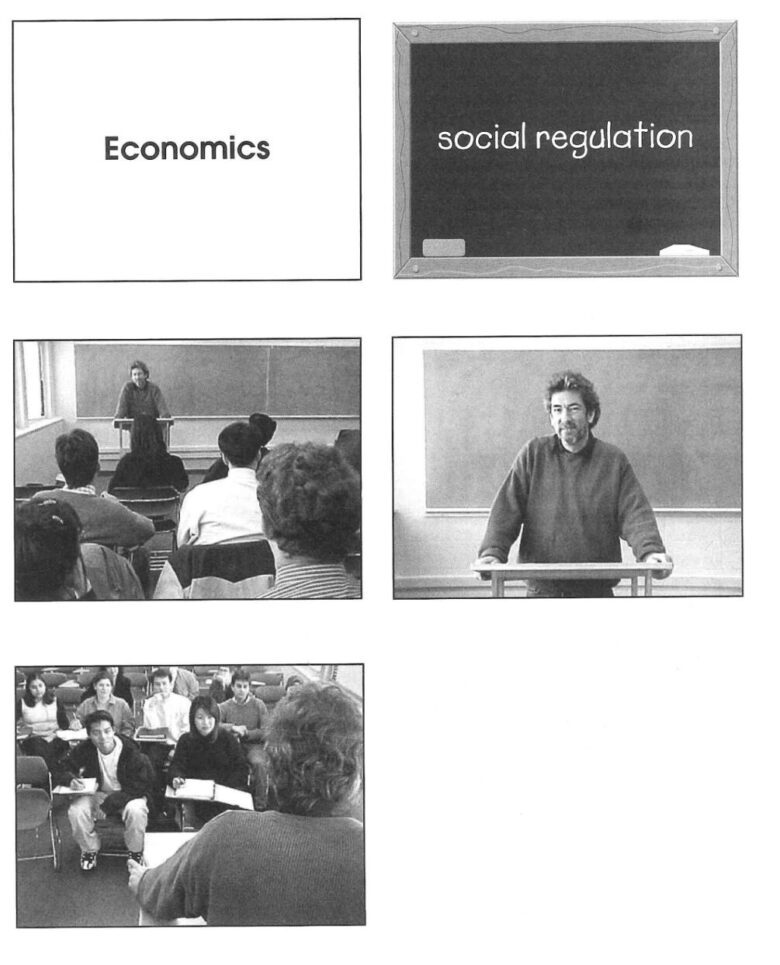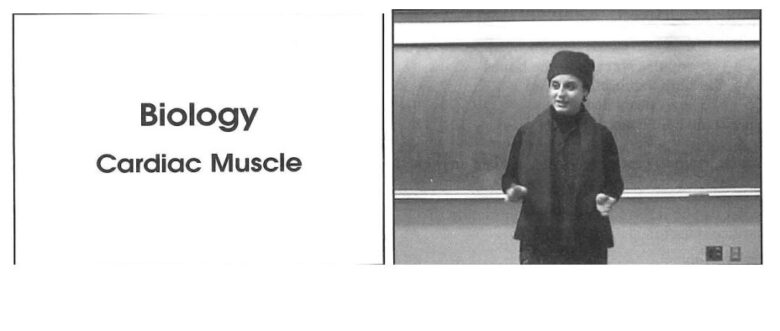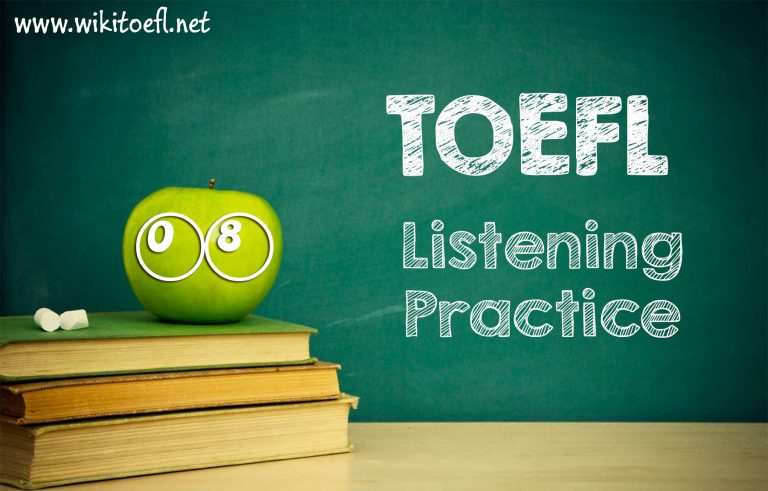QUESTIONS 18-22

18. What are the students mainly discussing?
A. Statistics about major diseases
B. Symptoms of influenza infection
C. A major epidemic of influenza
D. Different strains of the flu virus
19. Why does the woman mention her great-grandfather?
(T) Her great-grandfather died during a major epidemic.
(T) Her great-grandfather worked in the field of public health.
(T) Her great-grandfather was affected by the 1918 epidemic.
(J) Her great-grandfather was a soldier in World War I. .
20. According to the man, what group first reported large numbers of influenza cases?
A. Business owners
B. The army
C. Public health officials
D. Public schools
21. What information will the students probably include in their report?
Click on two answers.
A. Statistics on other major disease epidemics
B. Effects of war on the general population
C. Arguments for developing a better public health system
D. The connection between World War I and influenza
22. What do the students agree to do?
A. Ask their professor for advice
B. Meet again to discuss their research
C. Interview people who survived the flu
D. Change the topic of their oral report
QUESTIONS 23-28
23. What is the discussion mainly about?
A. The history of large corporations
B. The regulation of business by government
C. Why corporations have so much power
D. Ways that governments spend money
24. Why do the students say this:
(A) To recommend against buying stock in a corporation
(B) To explain why consumers need to be very cautious
(C) To give reasons why governments regulate corporations
(D) To complain about negative trends in advertising
25. According to the discussion, governments influence economic activity through which methods?
Click on two answers.
[A] Taxation
[B] Elections
[C] Spending
[D] Diplomacy
26. Listen again to part of the discussion. Then answer the question.
Why does the professor say this: Q
(A) To state his opinion about the role of government
(B) To describe a controversial government policy
(C) To show that corporations have political power
(D) To explain the origins of government regulation
27. According to the professor, what is the function of social regulation?
(A) The control of social activities in a corporation
(B) The protection of the society’s health and safety
(C) The restriction of competition among businesses
(D) The establishment of the school curriculum
28. Listen again to part of the discussion. Then answer the question.
What can be inferred about government regulation of business?
(A) Many people agree that the government should regulate business.
(B) Capitalism does not succeed if there is government regulation.
(C) Attitudes about regulation have changed very little in a century.
(D) The government has no right to control how businesses operate.
QUESTIONS 29-34

29. How does the professor develop the topic of cardiac muscle?
(A) By describing evolutionary changes in cardiac muscle
(B) By classifying the types of muscle in the body
(C) By explaining what happens if the heart stops beating
(D) By comparing cardiac muscle and skeletal muscle
30. Why does the professor say this: O
(A) To introduce the topic of cardiac muscle
(B) To find out how much the students already know
(C) To tell the students what will be on the next test
(D) To point out a question that has no clear answer
31. Why does the professor say this: Q
A. To correct one of her previous statements
B. To make sure the students are paying attention
C. To review material the class has already studied
D. To give the students time to write down what she says
32. Based on the information in the lecture, indicate whether each sentence below describes skeletal muscle or cardiac muscle.
For each sentence, click in the correct box.
| Skeletal muscle | Cardiac muscle | |
| These muscles are connected to the bones, which move when the muscles contract. | ||
| When this type of muscle contracts, blood moves throughout the body. | ||
| To contract, this type of muscle must be stimulated by a motor neuron. | ||
| These muscle cells can generate electrical impulses without input from the nervous system. | ||
| This muscle cannot stop to rest without serious consequences for the body. |
33. What happens when an electrical impulse generated in one part of the heart spreads to all the cardiac muscle cells?
(A) The impulse spreads to the bones.
(B) The cardiac muscles extend.
(C) The heart beats faster.
(D) The whole heart contracts.
34. Listen again to part of the lecture. Then answer the question.
What can be inferred about the contraction of cardiac muscle?
(A) Cardiac muscle contracts automatically because it contains motor neurons.
(B) The contraction depends on the action of sodium, calcium, and potassium.
(C) The nervous system tells cardiac muscle cells when to contract.
(D) Cardiac muscle cells will live for several weeks in a laboratory dish.

